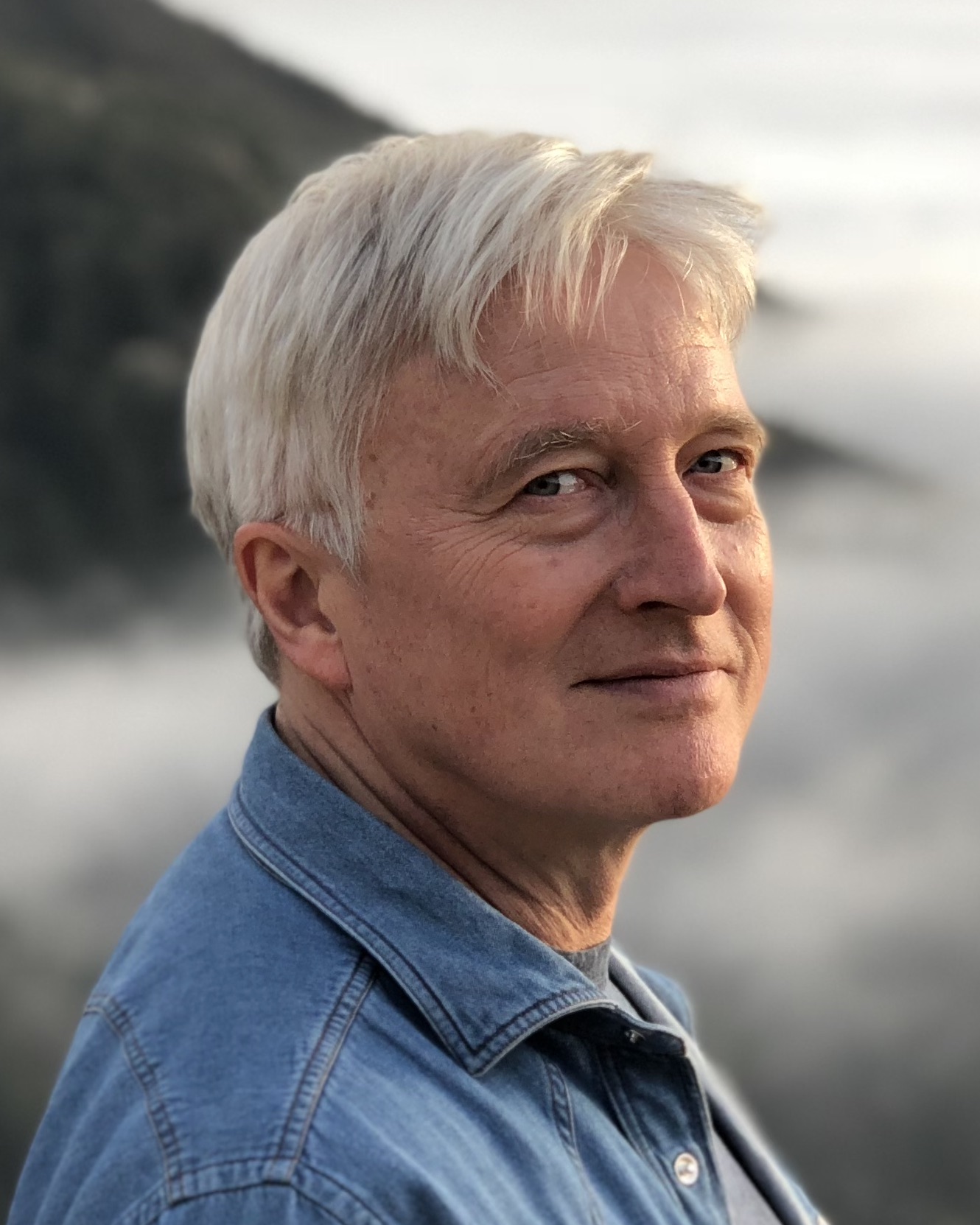

Gerhard Lengeling studied and trained as a surgeon at the University of Hamburg, and was awarded Dr. med. PhD after the completion of his studies.
During breaks and holidays between studies, Lengeling embarked on a hobby of his, working with programs and software, which was in the early 1980s! He was also interested in music, so with the hobby of technology, he started creating music software and digital signaling processing (DSP), which is used for quick mathematical processing in computers. His acquaintance, and future competitor, Karl Steinberg, was the one that helped him become more interested in software.

Around 1982, he started to create his own programs for different computers; Commodore64, Atari ST, and Mac II. “He developed the programs Supertrack and later together with Chris Adam Scoretrack for the Commodore 64 . Creator (a pattern-oriented sequencer ) and Notator SL followed on the much more powerful hardware platform Atari ST(a creator expanded to include sheet music printing and editing).” This was the foundation of his future company; Emagic, a music software and hardware company in Rellingen, Germany.
He co-founded the company with Chris Adam and Sven Junge, and using everyone’s expertise, created “the first version of Logic, known at the time as Notator Logic, a multi-faceted DAW with MIDI, audio, and notational capabilities.” This new music software was very eye-catching for the audio and computer industries. Emagic continued to make better versions of Logic, and after 5 versions, 10 years after the first Logic, Emagic met a chance to take their company to new heights.

Apple bought Emagic in July 2002. Lengling was then reintroduced as the senior director of musical applications for Apple. It is with Lengling’s expertise in music technology that created Garageband in 2004.
“Lengeling’s first order of business was not only to develop the sixth and largest update to Logic yet, but to create a simplified, more accessible version of the Logic engine, similar to that of Final Cut Pro and it’s more accessible version, iMovie.” Steve Jobs and Lengeling focused on making free softwares on every Mac computer with his new Logic, creating drawing, photos, and video applications. Garageband was also made with this new Logic, which was later announced in 2004.